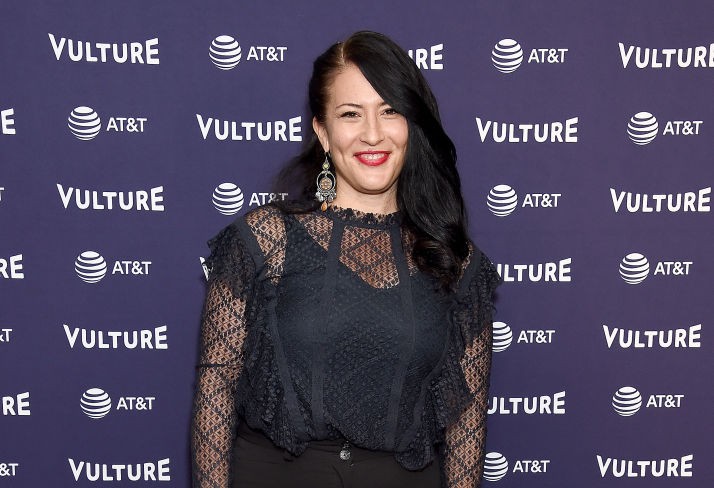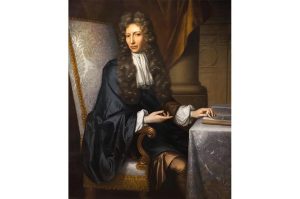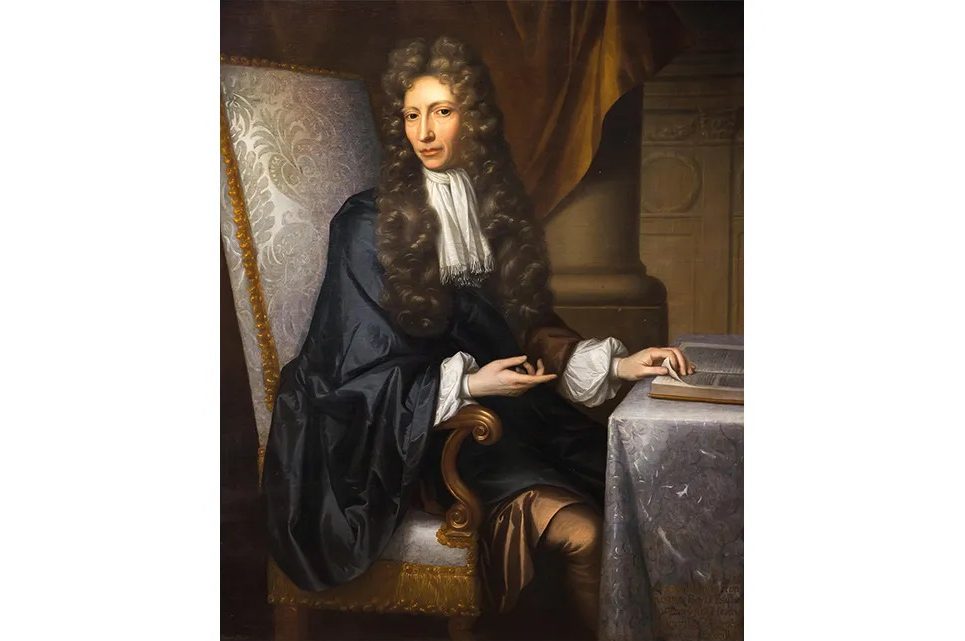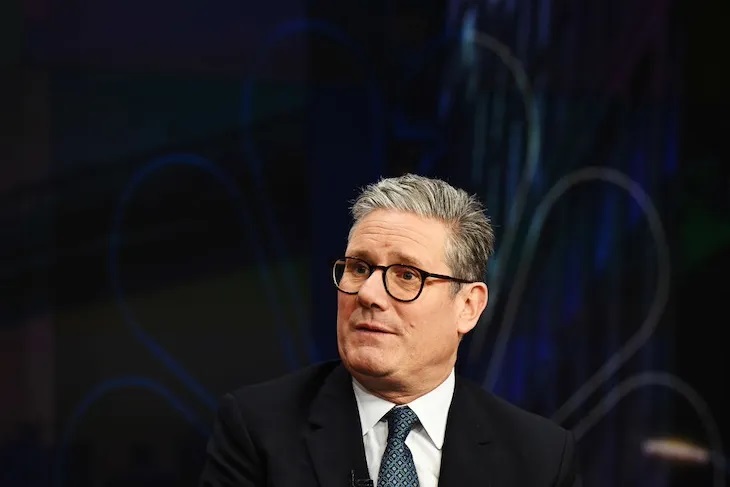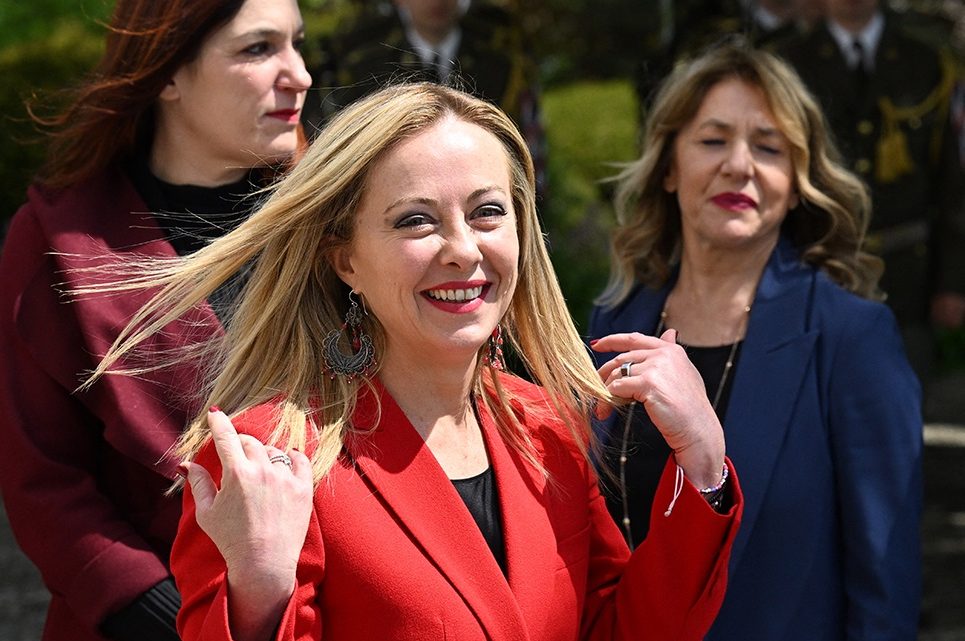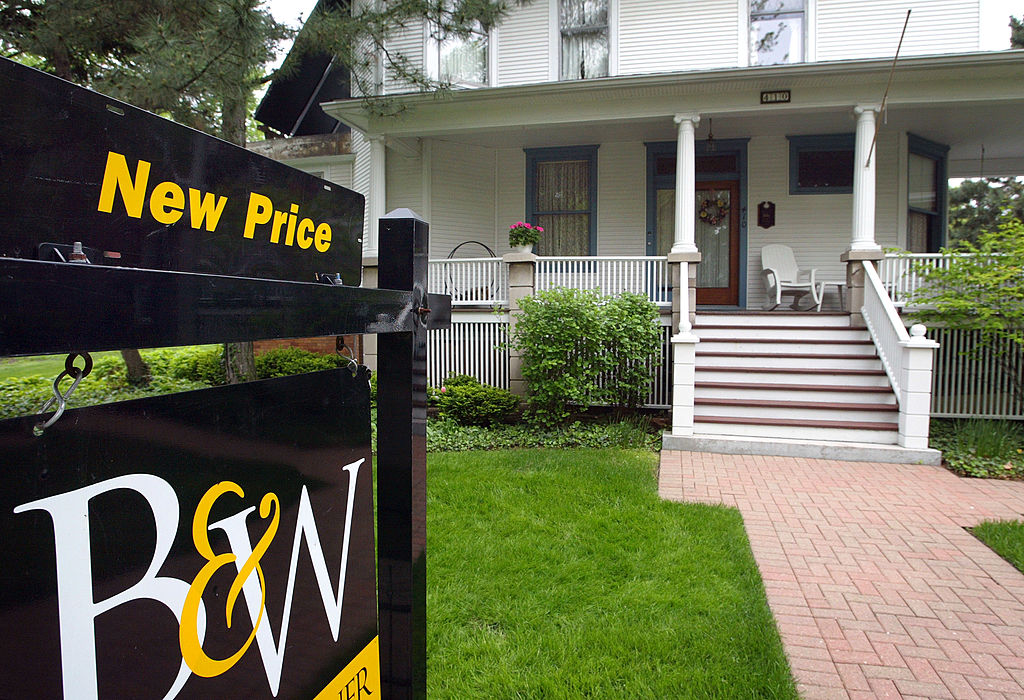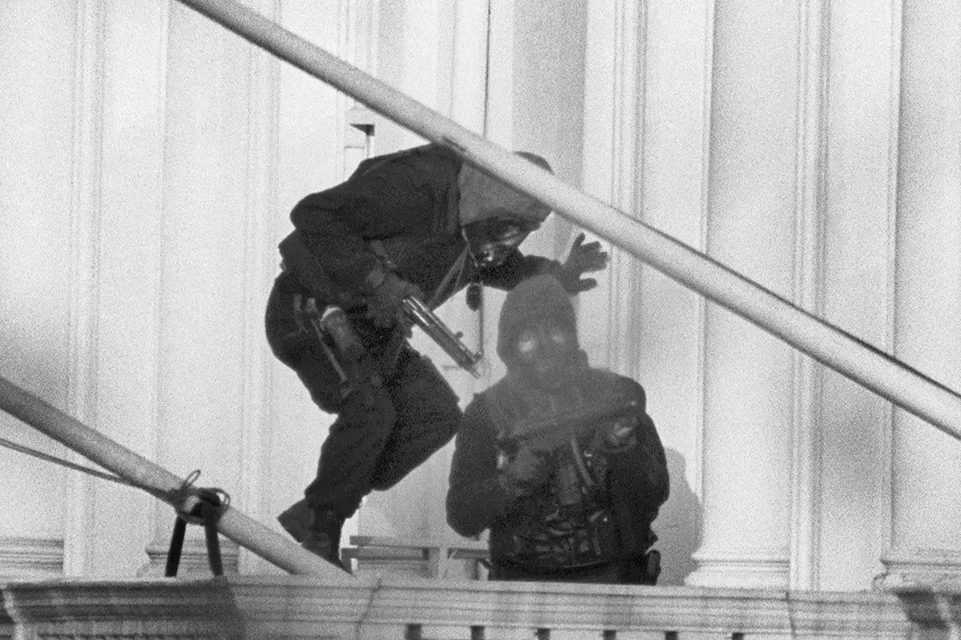It isn’t often I’ll say this — and, in fact, I hope this is the only time — but as a Brit, I’m jealous of you Americans. It isn’t the fact that you have a notionally more functional government than us, or even that you have unrestrained access to things like Pop Tarts and peanut butter cups. No, the answer lies, as it always does, in poetry.
Over on this side of the Atlantic, we’ve had a Poet Laureate since 1668 — when John Dryden was given a position in the royal household by Charles II. We could claim to have had one even earlier, given that the versifier, playwright, and scribbler Ben Jonson was given a pension by James I in England way back in 1616. Over in the land of tea-throwing, independence, and star-spangled banners, you Americans were rather behind: it wasn’t until 1937 that the title of “Consultant in Poetry” started, and not until 1985 that Congress made this position the “Poet Laureate Consultant in Poetry to the Library of Congress.” Just this week, it was announced that the brilliant Ada Limón — whose newest collection I reviewed back in the June issue of the magazine — would become the latest to hold the position.
If you Yanks were so behind the times, then why am I so green-makingly, nauseatingly, scream-worthily jealous? It is at this point that I must ask the question: have you ever read John Dryden? No? Well let’s just say that his name is worthy of Dickens’s forays into nominative determinism. While Laureate, he wrote punishingly unfunny satires, dire allegories, and long, long sequences of heroic couplets celebrating his conversion to Catholicism. (I have long held that the best and most interesting work of literature connected to Dryden is not anything he wrote at all, but rather a collection of poems written on his death by women poets who appreciated him called The Nine Muses.)
After Dryden, things went from bad to worse for England’s Poet Laureateship. Dryden’s successor should have been William Congreve, but because the Restoration poetry scene was so gossipy and back-stabbing, it was the idiotic, feckless Thomas Shadwell who got the post. Dryden may not have had many moments of brilliance, but he was spot-on when he lampooned Shadwell as “the last great prophet of tautology,” and mockingly praised him for “never deviat[ing] into sense.”
You might say that I am far too het-up about 17th-century poetic drama (I would reply that there is no such thing), but the truth is that things in recent years haven’t been any better for us Brits. Back in 2003, the then-Poet Laureate Andrew Motion wrote a “poem in rap form” to celebrate Prince William’s birthday. A sweet, well-meant attempt to reach “the youth” through poetry? Not at all. I won’t force you to endure the whole thing, but here are two stanzas:
It’s a childhood gone,
A step towards the crown;
It’s a trigger of change,
A stretching of the range.
Better stand back
Here’s an age attack,
But the second in line
Is dealing with it fine.
Even if we ignore the attempt to rhyme “gone” with “crown,” it is clear that this was hardly Motion’s finest moment.
Motion was — and still is — a very good poet, but the Laureateship seemed to have floored him. The same thing could be said of Carol Ann Duffy (her poem for Kate and William’s royal wedding had the lines “when people wave, their hands / should not be mobile phones”), and Simon Armitage, whose poem for lockdown failed to impress.
But this failure is a peculiarly English problem. Not only have American Poet Laureates been world-leading, impressive names (Elizabeth Bishop in 1949, William Carlos Williams in 1952, Robert Frost in 1958, Gwendolyn Brooks in 1985, Louise Glück in 2003), but they have also done remarkable things with the position. When he was Poet Laureate, the Russian-American poet and essayist Joseph Brodksy initiated the practice of bringing poetry to the public — he couldn’t understand why poetry was not as popular in America as it was in Russia. He proposed that cheap pamphlets and anthologies be made available in airports, hospitals, and supermarkets. This was not just an attempt to improve poetry circulation and sales. Rather, he believed that “by failing to read or listen to poets, society dooms itself to inferior modes of articulation, those of the politician, the salesman, or the charlatan.”
When she was Poet Laureate in the 1990s — the first African American to be awarded the position since the title changed in 1985 — Rita Dove became something of an “activist laureate” by focusing on the diversity of the writers featured at the Library of Congress, and even had the idea for “Poetry Town Meetings” to give literature a wider reach.
It could be argued that the British Poet Laureates have something of a tougher job — I don’t see Ada Limón being required to write a ballad for the birth of another royal baby, or a villanelle for yet another royal wedding. But the truth might just be that this is something you Americans do better. Just don’t remind me I admitted it.



